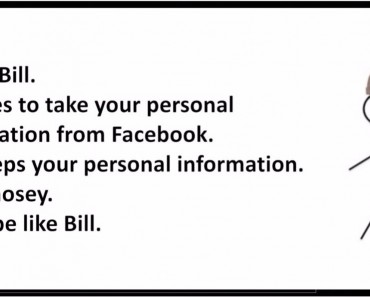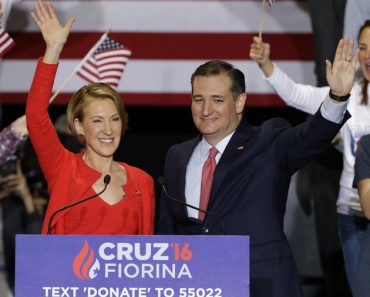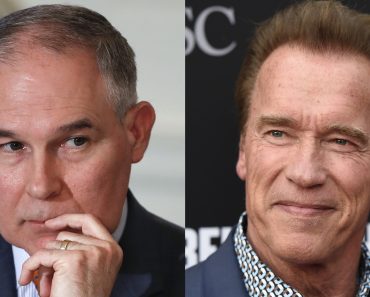
Photo: Global News
A social media movement encouraged people to boycott Tim Hortons by joining “No Timmies Tuesday” on Jan. 9. Tim Horton’s regulars were instead encouraged to visit independent coffee shops instead.
What stemmed this protest you may ask? After some Ontario Tim Hortons franchisees eliminated paid breaks, fully covered health and dental plans, and other perks for their workers, the public decided to make their voice heard. The cuts were made to help Tim Hortons manage a recent jump from an $11.60 hourly minimum wage to $14. This jump happened at the beginning of the new year.
Since then, concerned consumers have taken to social media and encouraged others to boycott Tim Hortons. The protest was an attempt to put pressure on the chain to reverse the changes. However, the company and its franchisees are blaming each other for the decision. Which is a blowout that could turn a local story with a small protest into a national tale and public relations disaster.
Whose Responsibility is it?
Who should take responsibility for the latest round of finger-pointing in an ongoing blame game? Is it the responsibility of the individual franchises? Or does it fall on their corporate parent? They have publicly sparred over alleged mismanagement and filed several lawsuits against each other in recent months.
Tim Hortons said individual franchisees are responsible for setting employee wages and benefits. Some franchisees argue the corporation should help owners grappling with the mandated wage hike.
The Great White North Franchisee Association, which represents half of Canadian Tim Hortons franchisees, said the minimum wage hike and other changes to the province’s labor laws will cost the average franchisee $243,889.10 a year. The calculation assumes an extra $3.35 hourly per employee, which also includes costs like increased vacation pay.
The association said it hoped RBI would lower supply costs, reduce couponing or raise prices. When RBI did not many franchisees were “left no alternative but to implement cost-saving measures in order to survive.”
Tim Hortons Fires Back
Tim Hortons commented on the situation saying that such cuts “do not reflect the values of our brand, the views of our company, or the views of the overwhelming majority.” The chain called the cuts reckless and completely unacceptable, adding staff “should never be used to further an agenda or be treated as just an ‘expense.”‘
“While our restaurant owners, like all small business owners, have found this sudden transition challenging, we are committed to helping them work through these changes,” Tim Horton’s media relations team said.
It’s unlikely the protest will gain much traction beyond small communities where the local Tim Hortons employees are affected.









